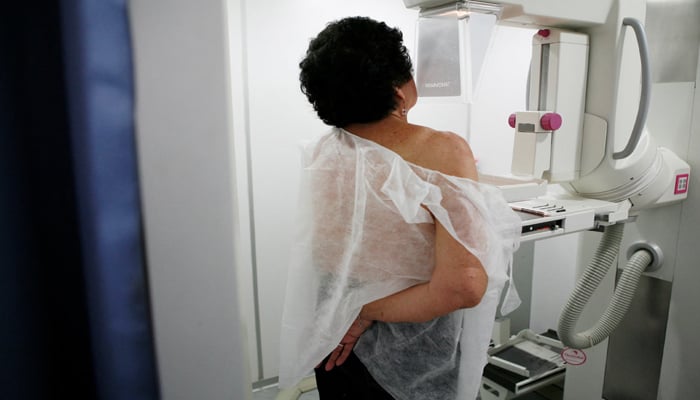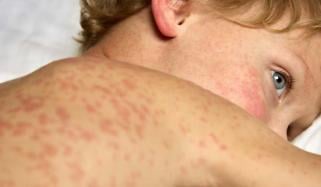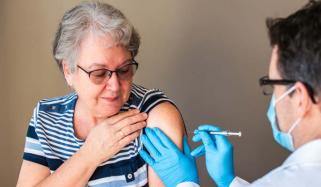
A recent study discovered that mammograms after the age of 70 may reduce the risk of late-stage breast cancer and mortality from the disorder.
However, there are currently different protocols for screening elderly women.
The U.S. Preventive Services Task Force advises breast cancer screening through the age of 74 but says that there is limited support for benefits beyond that.
According to the American Cancer Society, women older than 55 must be screened each other or each year if they are healthy and likely to live more than 10 years.
This study included up to 13,000 women, aged between 70-79 years, who were diagnosed with estrogen receptor-positive or HER2-negative breast cancer.
Researchers checked out the number of participants who received mammograms during the five years before diagnosis.
The results indicated women who had at least one mammogram during that time period had a 54% reduced risk of developing late-stage breast cancer and a 36% reduced mortality risk of disease.
Having three or four previous screenings was linked with improved mortality outcomes.
The authors stated, “These results support the potential benefit of continued routine screening among older women.”
Breast cancer is a disease in which pathological cells grow out of control and form tumours. If left untreated, the tumours may spread throughout the body.
It may also become fatal and cause approximately 670,000 deaths globally in 2022, according to WHO.
Breast cancer often occurs in women with no certain risk factor other than sex and age.















